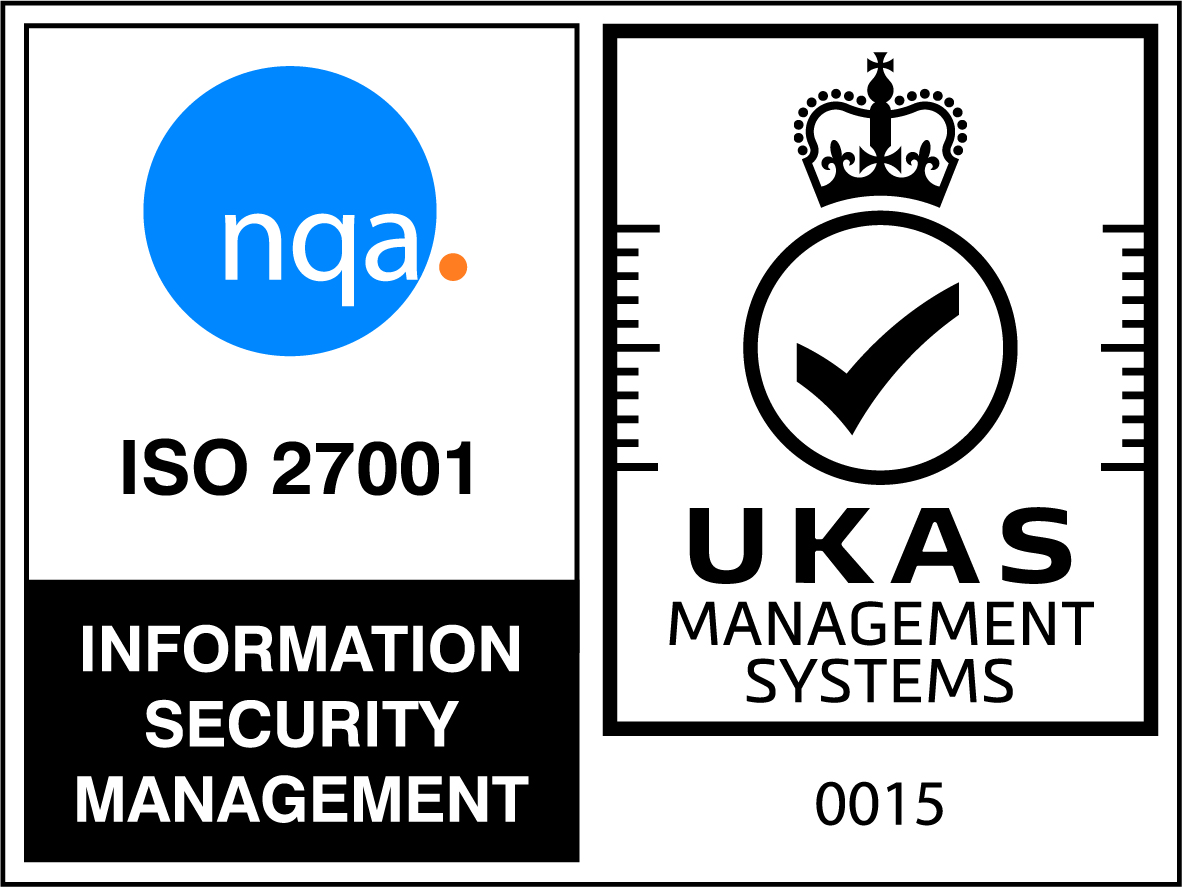
So you’ve built up a great CV in your career so far and are thinking about striking out on your own as an IT contractor? Fantastic! But before you dive headfirst into the world of freelance gigs, you need to consider how you'll structure your business. One popular option for IT contractors is the limited company, also known as a Personal Service Company (PSC). But is it right for you? Let's break down what's involved and weigh up the pros and cons to help you decide.
What's a Limited Company?
Think of a limited company as a separate legal entity from yourself. You'll be employed as the director, responsible for managing the company and making decisions. The company has its own bank account, pays its own taxes, and keeps its own records. This limited liability is a key benefit – if the company fails, your personal assets are generally protected.
Running the Show: Your Responsibilities
As a director, there are certain things you'll need to do to keep your limited company ticking over. These include:
- Thinking of a unique name: You’ll quickly see many contractors use their initials to keep things simple eg RJH Consulting. How creative you want to get depends on whether you have ambitions to grow your business or just use it as a vehicle for you to contract on your own. Check whether the name you want to use is available on gov.uk here.
- Deciding key people: While not mandatory for small companies, appointing a company secretary can help ensure good corporate governance. You may also want to appoint a family member such as your husband or wife as a fellow director to help with tax planning.
- Registering with Companies House: This is the official register of UK companies. It's a fairly straightforward process online or there are many companies offering to do it all for you for around £100-£150. Your accountant may also offer this service.
- Tax and Accounting: You'll need to register for Corporation Tax and keep proper accounting records. This includes things like invoices, expenses, and payroll.
- Company Accounts: Limited companies must file annual accounts with Companies House.
The Accountant Question: DIY, High Street, or Specialist?
Keeping the books in order can be daunting, especially for first-timers. Here are your options:
If you're an organised person with a head for numbers and a bit of time to spare each month, you could try managing your accounts yourself. There are plenty of online accounting software packages to help including Xero, Quickbooks or Kashflow. Check whether you’ll incur extra costs for issuing payslips.
A high street accountant can handle your basic bookkeeping and tax needs and often come with valuable personal recommendations. You may also prefer being able to meet in person. However, they may not have the specialist knowledge of contractor tax rules.
Specialist contractor accountants understand how you’ll operate, the ins and outs of IR35 (the rules that determine your tax status as a contractor) and can advise on maximising your tax efficiency. The service may not feel as personal as a high street accountant, so it’s worth shopping around and reading online reviews.
The Good, the Bad, and the Taxman
Now, let's look at the pros and cons of operating as a limited company.
Pros:
- Tax Efficiency: Limited companies can pay Corporation Tax, which is often lower than income tax, especially if you keep your salary low and take the rest as dividends.
- Limited Liability: Your personal assets are protected if the company runs into financial trouble.
- Credibility: Having a limited company can look more professional to potential clients.
- Flexibility: You can take on employees and grow your business.
- Pride: Everyone enjoys being able to say they run their own business.
Cons:
- Administrative Burden: Running a limited company comes with extra paperwork and bookkeeping.
- Accounting Costs: Hiring an accountant adds to your expenses.
- IR35: You should take the time to understand this complex piece of tax legislation and decide if you want to operate inside or outside IR35. Outside IR35 contracts generally have higher rates of pay to reflect the higher level of risk. Your William Alexander team can help you navigate this.
- No safety blanket: If you’re not working, either because you’re on holiday, off sick or have caring responsibilities, you’re not earning.
The Verdict?
Limited companies offer significant benefits for IT contractors, particularly around tax efficiency and limited liability. However, it's not a decision to take lightly. Consider your financial situation, risk tolerance, and bookkeeping skills. Talking to your recruitment consultant or accountant can help you decide if this is the right path for you. Remember, a successful freelance career is all about working smart, and that includes choosing the right business structure!
Share this Article
You may also be interested in
View All
View All

William Alexander retains ISO 27001 status

Deepening our relationship with Bramber Bakehouse
